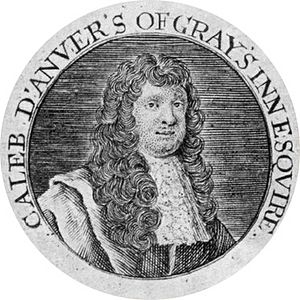Nicholas Amhurst facts for kids
Nicholas Amhurst (born October 16, 1697 – died April 27, 1742) was an English poet and writer who often wrote about politics. He used his words to share his ideas and challenge powerful people.
Contents
Nicholas Amhurst: A Voice for Change
Nicholas Amhurst was born in Marden, Kent, England. He went to Merchant Taylors' School and then to St John's College, Oxford for his higher education.
Early Life and Oxford Adventures
In 1719, Nicholas was asked to leave Oxford University. The official reason was that he didn't follow the rules, but he believed it was because of his political views. He supported the Whig party, which was a political group at the time.
He often wrote poems and articles that made fun of the university and its leaders. For example, he wrote Strepkon's Revenge; a Satire on the Oxford Toasts in 1718. He also wrote about a tradition at Oxford called Terræ filius. This was when someone would give a funny, satirical speech about university gossip. In 1721, Amhurst started his own series of satirical papers called Terræ Filius, which shared interesting information and criticisms. These papers were later collected into a book called Terræ Filius; or, the Secret History of the University of Oxford.
Writing for Change: The Craftsman
After leaving Oxford, Nicholas Amhurst moved to London and became a well-known writer who supported the political opposition. On December 5, 1726, he started a weekly newspaper called The Craftsman. He wrote for it under the pen name Caleb D'Anvers.
What Was The Craftsman?
The Craftsman was mainly created to try and remove Sir Robert Walpole's government from power. It became one of the most popular magazines of its time, selling around 10,000 copies! Famous writers like Henry Fielding, John Gay, and Alexander Pope even contributed to it. Nicholas Amhurst wasn't the only one behind its success; it was also started and funded by important political figures like Henry St John, 1st Viscount Bolingbroke and William Pulteney.
Standing Up to Power
In 1737, a letter appeared in The Craftsman that seemed to suggest that some old plays might contain messages against the government. This was seen as a serious issue, and an arrest warrant was issued for the printer. Nicholas Amhurst bravely turned himself in instead and spent a short time in prison.
When the government he opposed was finally overthrown in 1742, the new leaders didn't help Nicholas Amhurst, even though his newspaper had been very important to their cause. This neglect is thought to have made him very sad and might have led to his death at the age of 44 in Twickenham.
 | Leon Lynch |
 | Milton P. Webster |
 | Ferdinand Smith |


